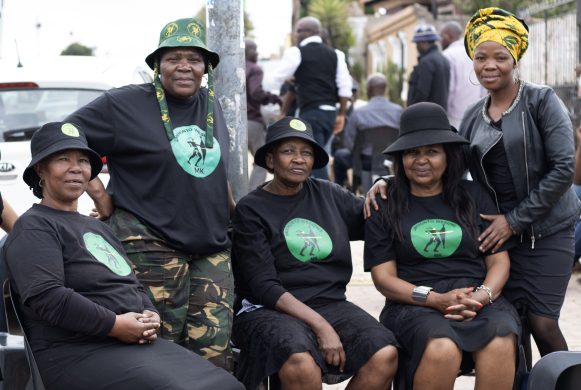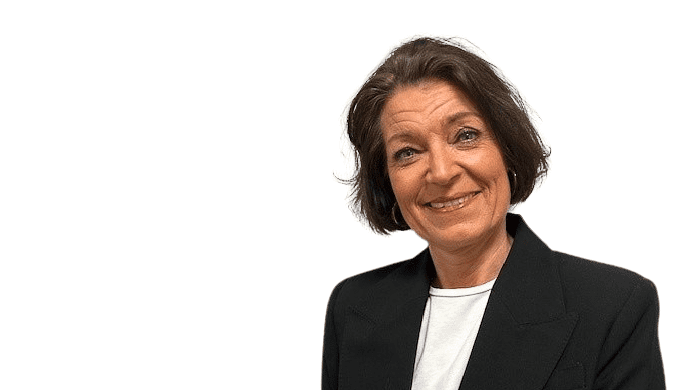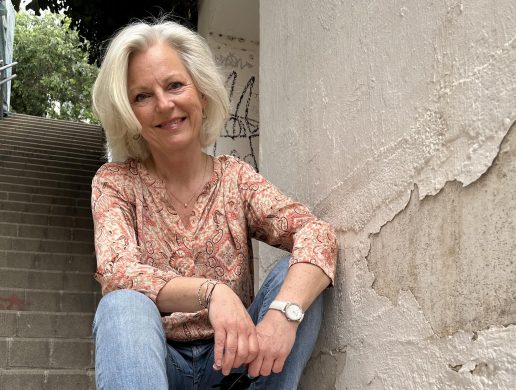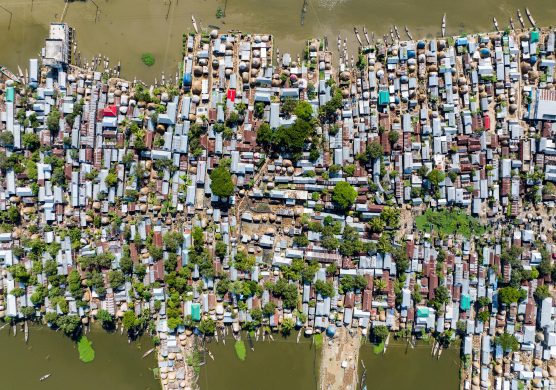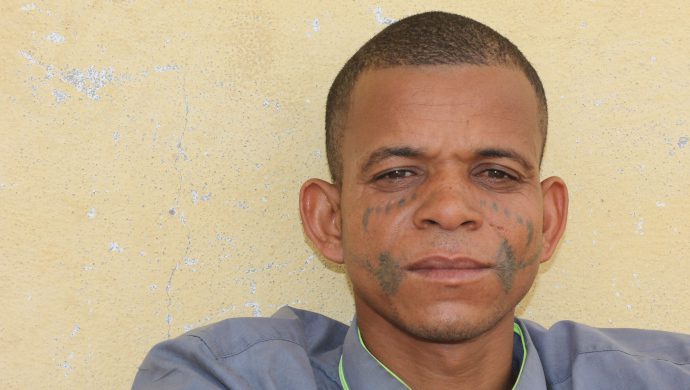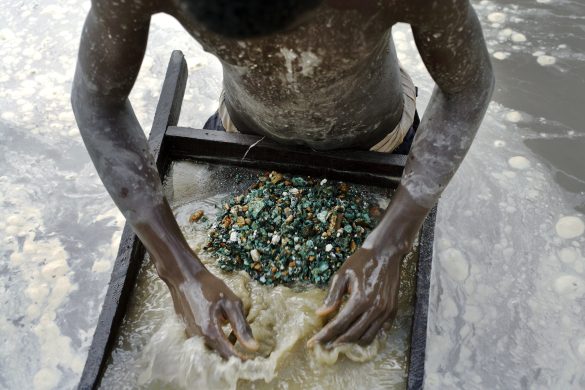Da generaldebatten på FN’s 66. generalforsamling sluttede fredag havde de højtstående regeringsrepræsentanter i deres taler klart forpligtet sig til ligestilling – til kvinders ligestilling med mænd.
Debatten i år var den første efter dannelsen af UN Women i januar 2011, og det var også første gang, at en kvinde åbnede debatten, nemlig Brasiliens præsident Dilma Rousseff.
På UN Womens hjemmeside kan man læse følgende fra debatten:
She (Dilma Rousseff) stressed that in Brazil, “women have been fundamental in overcoming social inequalities…yet my country, like every country in the world, still has much work ahead of it when it comes to empowering women.”
She welcomed the creation of UN Women, paying tribute to its Executive Director, Michelle Bachelet.
“I add my voice to those of the women who dared to struggle, who dared to participate in politics and in the workforce, and who forged the political space without which I could not stand here today,” Rousseff proclaimed.
The President of Nigeria, H.E. Mr. Goodluck Ebele Jonathan, said that Nigeria’s substantial support for UN Women reflects “our desire to harness the potentials of women in the task of nation building.”
Thirty percent of his own Cabinet members are now women. He commended the Executive Board of UN Women on the successful take-off of the new entity.
Other presidential endorsements of UN Women came from Finland, which stated that UN Women provide a strong and unified voice for women and girls, along with Chile, Croatia, and Ghana.
The Foreign Minister of Spain called women’s equality a basic human right, and pledged her Government’s full support to UN Women in fulfilling its mandate.
Several world leaders made reference to the need to empower women economically. The President of the United States and the Prime Minister of the United Kingdom spoke of tearing down the economic barriers still facing women.
Other states linked gender equality with economic growth and development. The Foreign Minister of Indonesia called enhancing the role of women in the economy right and smart, leading to balanced and equitable growth, while the Deputy Foreign Minister of Norway underlined evidence that states with discriminatory policies tend to remain poor.
Citing recent research findings that empowering women in agriculture would reduce hunger by 30 percent, the President of Slovenia affirmed that Slovenia “strongly” supports UN Women in its efforts to tackle gender discrimination around the globe.
The Deputy Prime Minister of Ireland referred to the global hunger crisis, and stressed the need to build the productivity of small farmers in sub-Saharan Africa, 80 percent of whom are women.
Stopping violence against women figured in the speech of the President of Côte d’Ivoire, who said he was committed to fighting this scourge. The Foreign Minister of Burkina Faso announced that the African Group of states would introduce a draft resolution on female genital mutilation.
Several countries highlighted national measures to increase gender equality. The Vice-President of Liberia drew attention to a new national gender policy, while the Prime Minister of Papua New Guinea noted that his Government recently passed the first vote on a parliamentary bill reserving seats for women in 2012 elections.
The Foreign Minister of Tunisia announced that it had withdrawn all reservations to the Convention on the Elimination of All Forms of Discrimination against Women, or CEDAW, and adopted a mandatory parity system for its upcoming Constituent Assembly elections.
The Foreign Minister of the United Arab Emirates said women there now comprise 70 percent of university graduates and occupy two-thirds of government jobs. He expressed pride in the establishment of UN Women, and committed to a contribution of USD 5 million.







